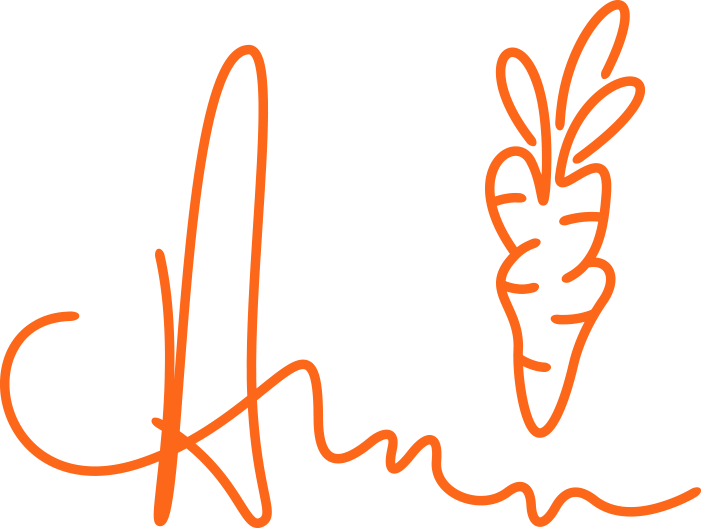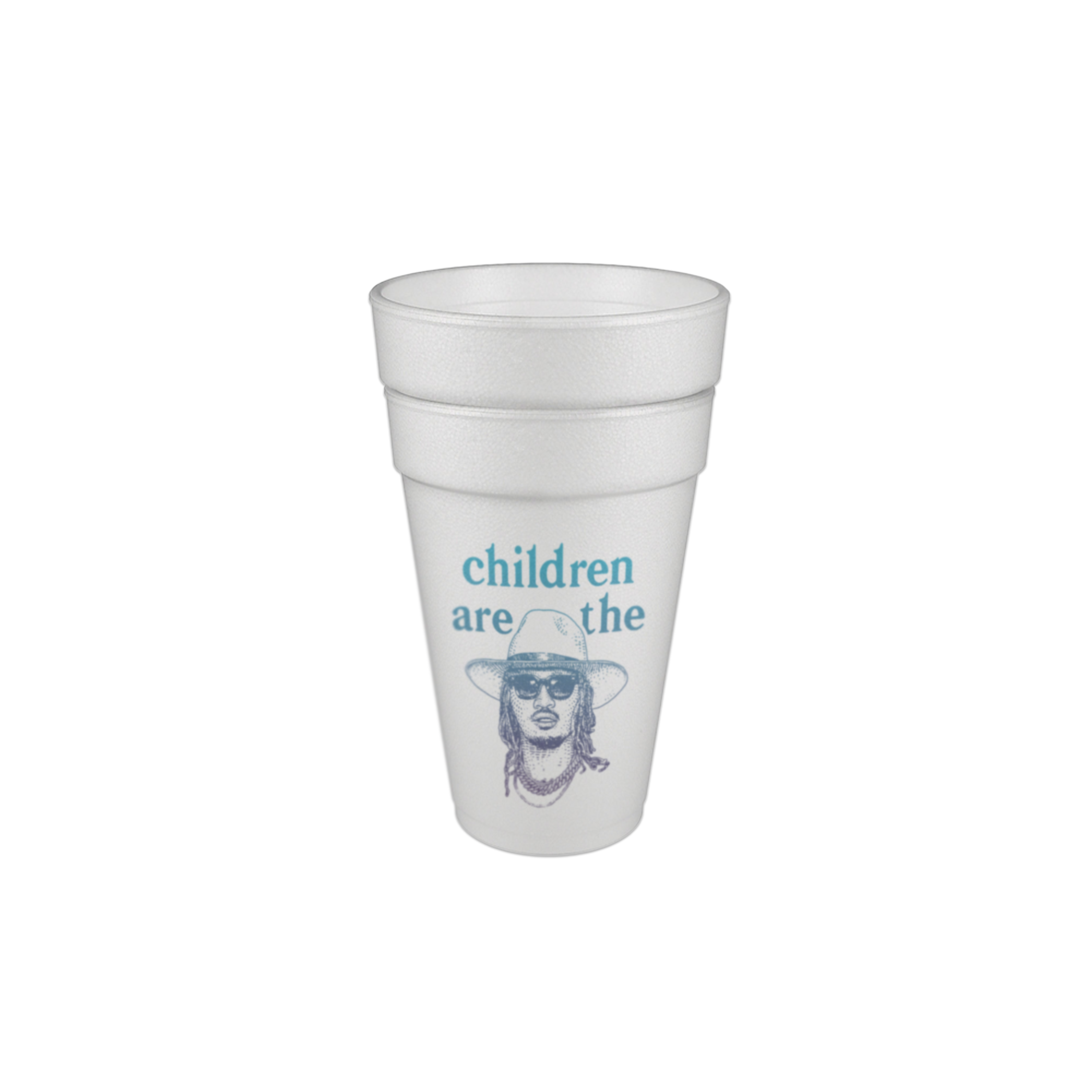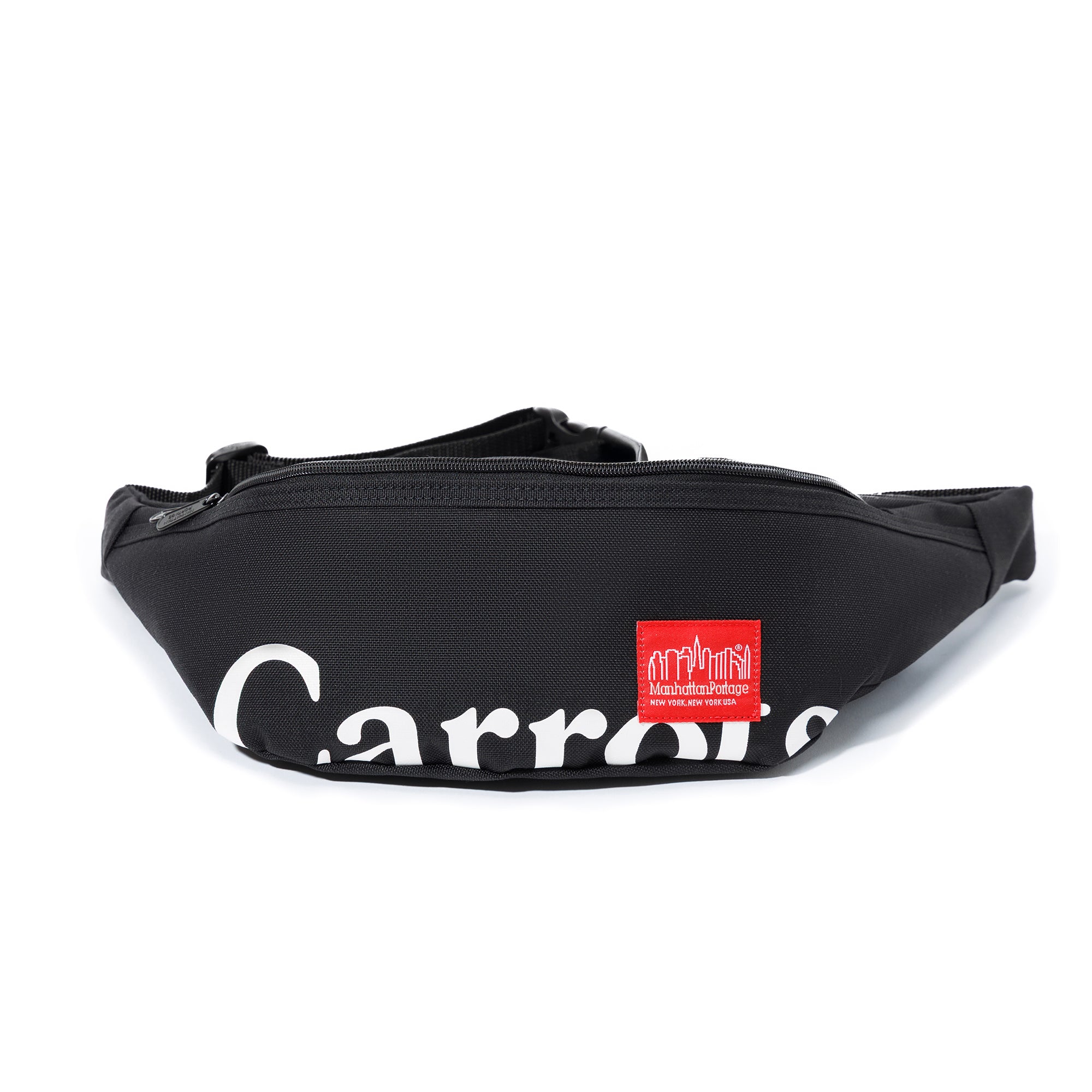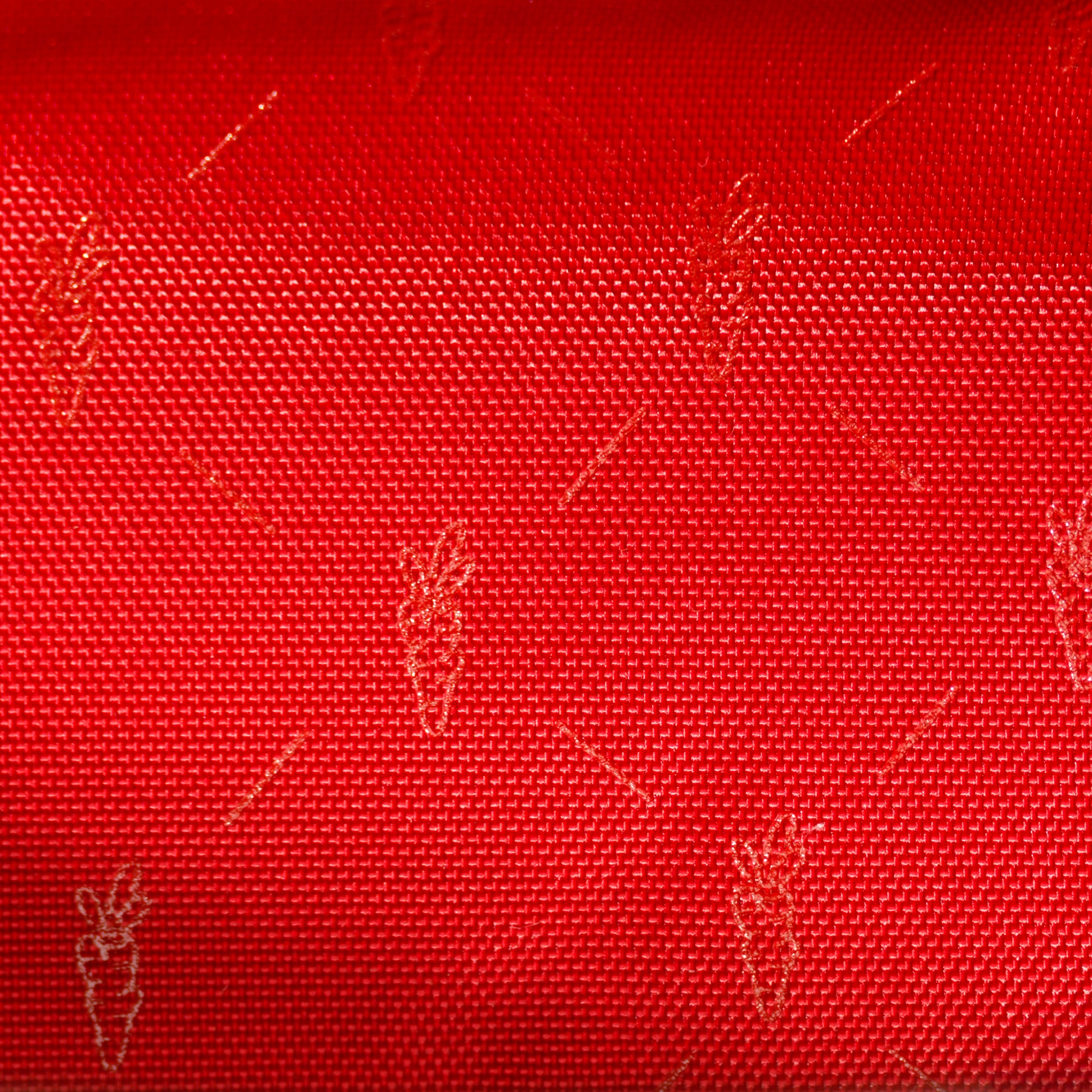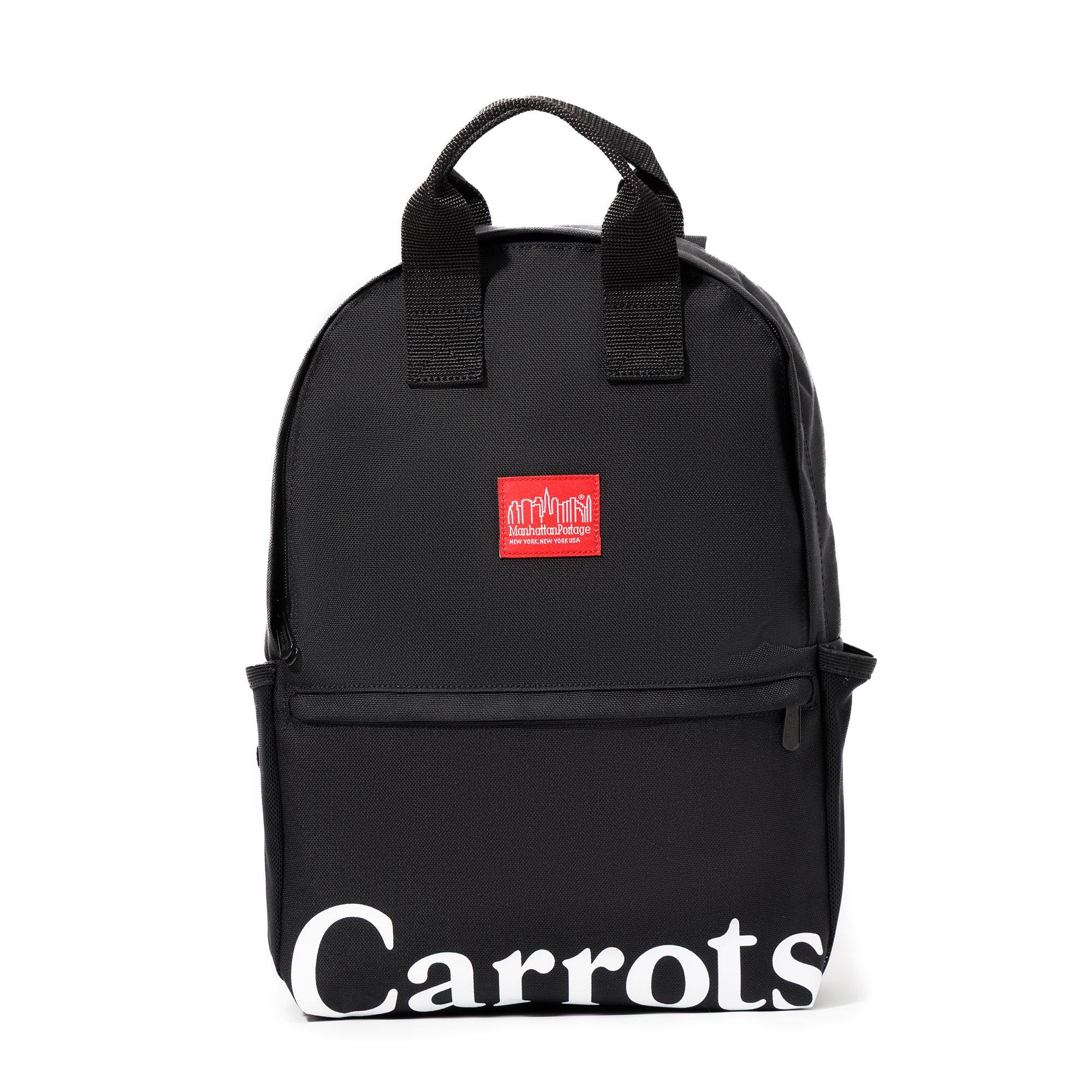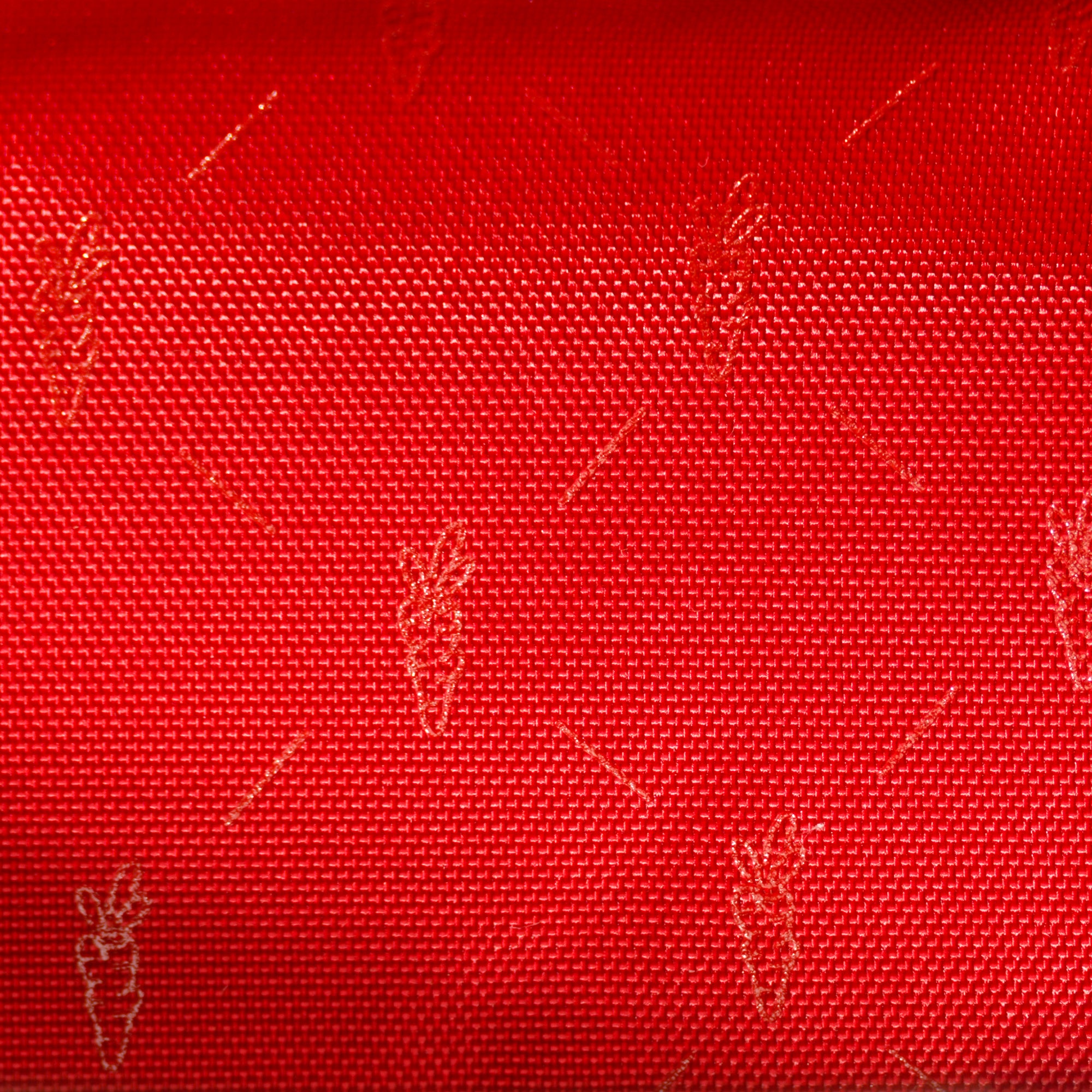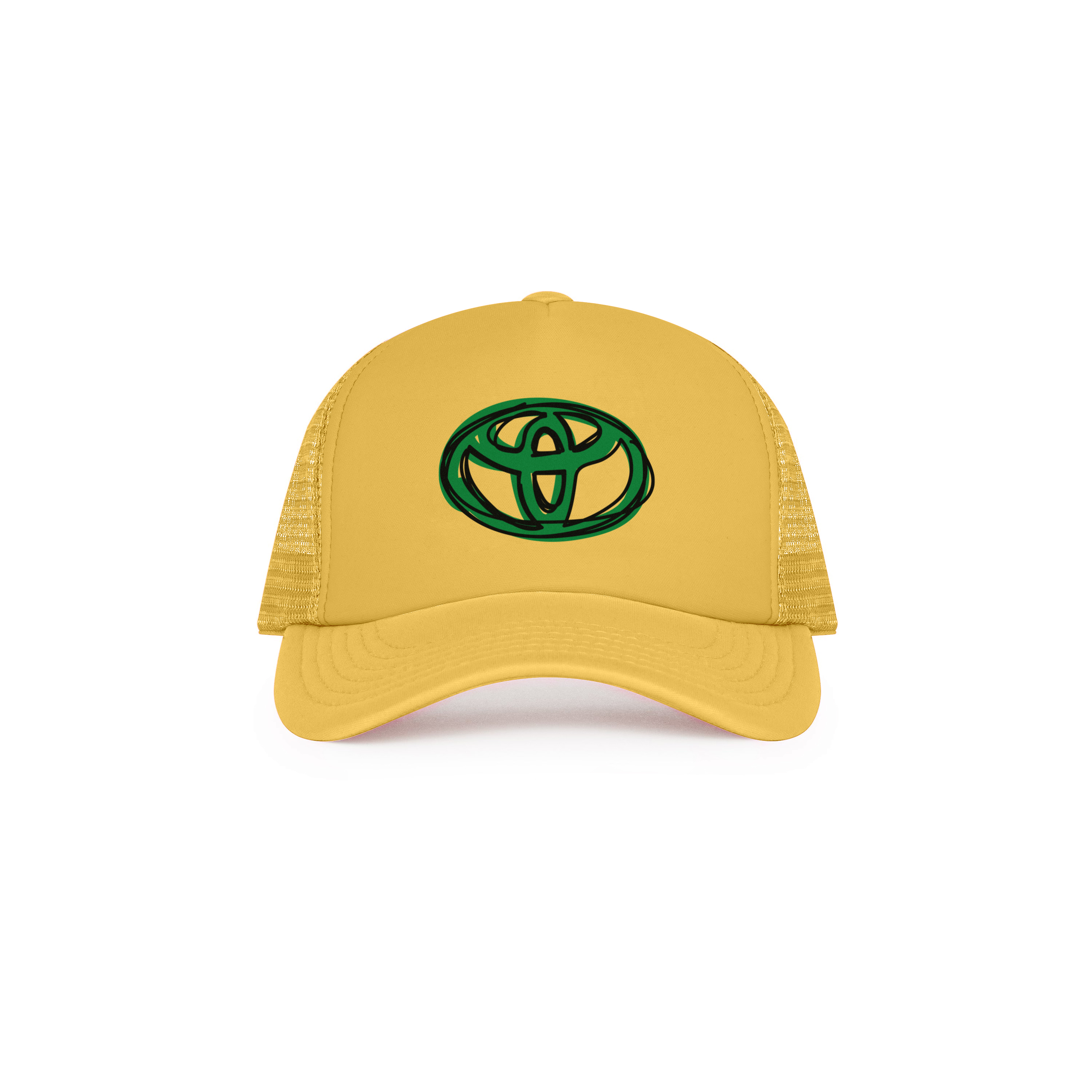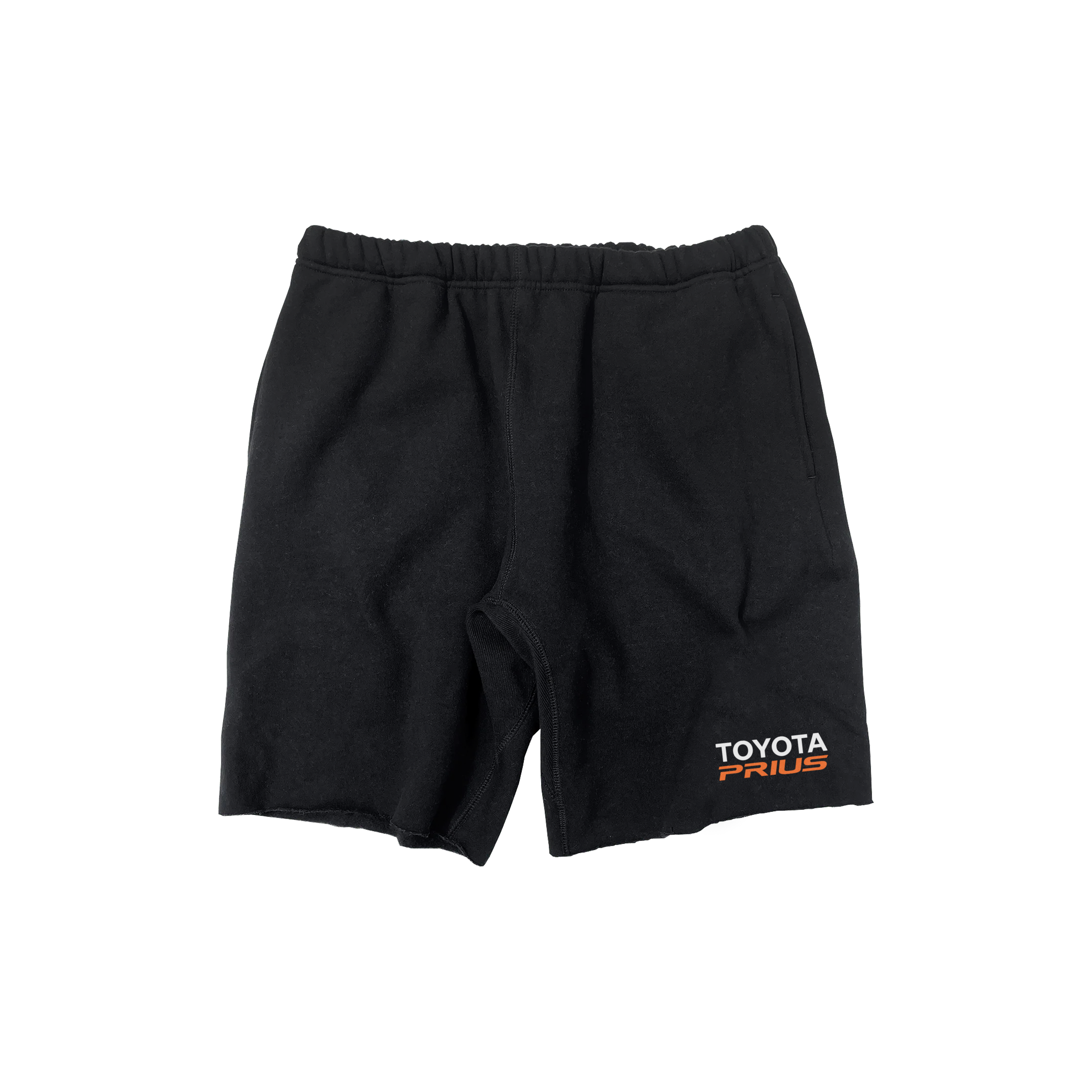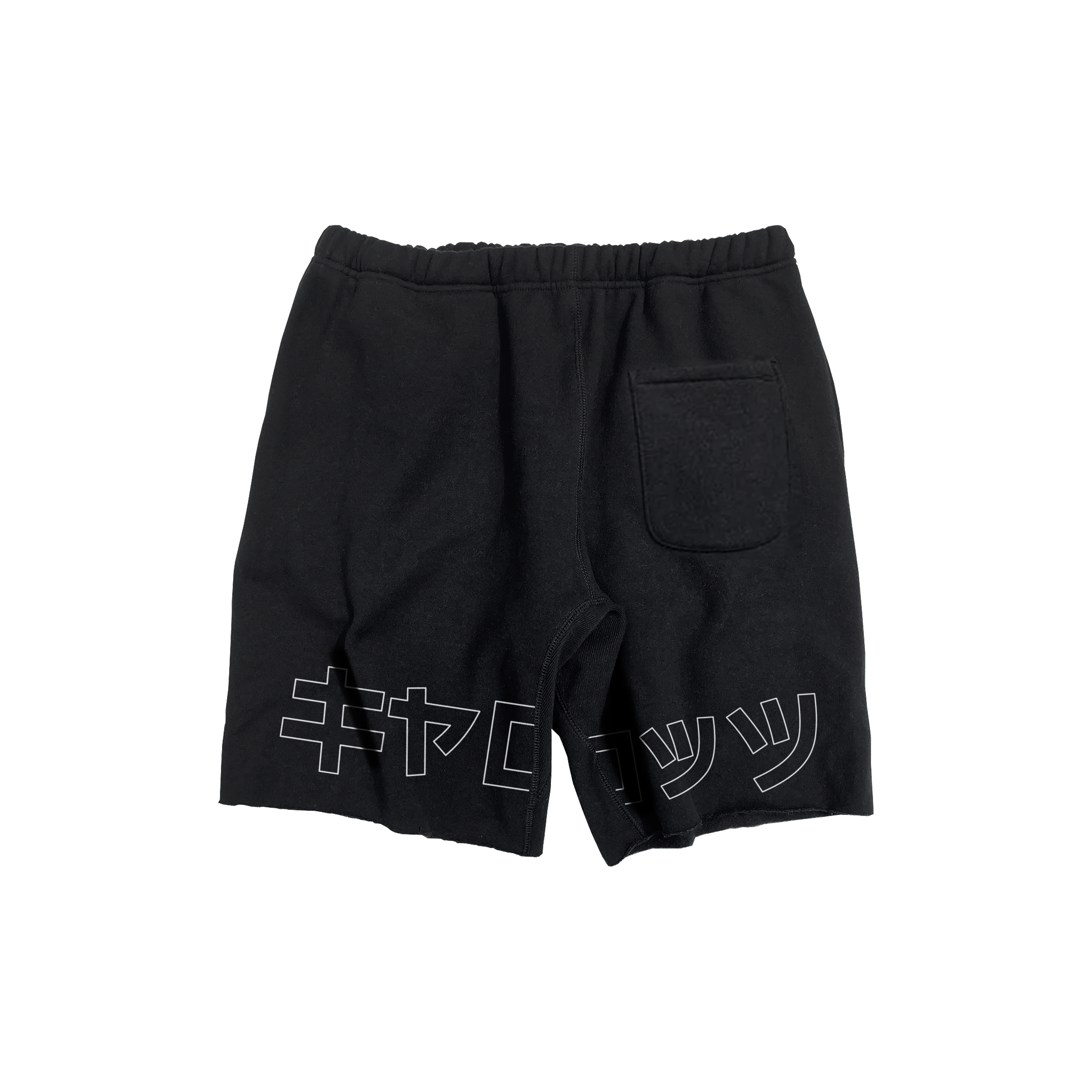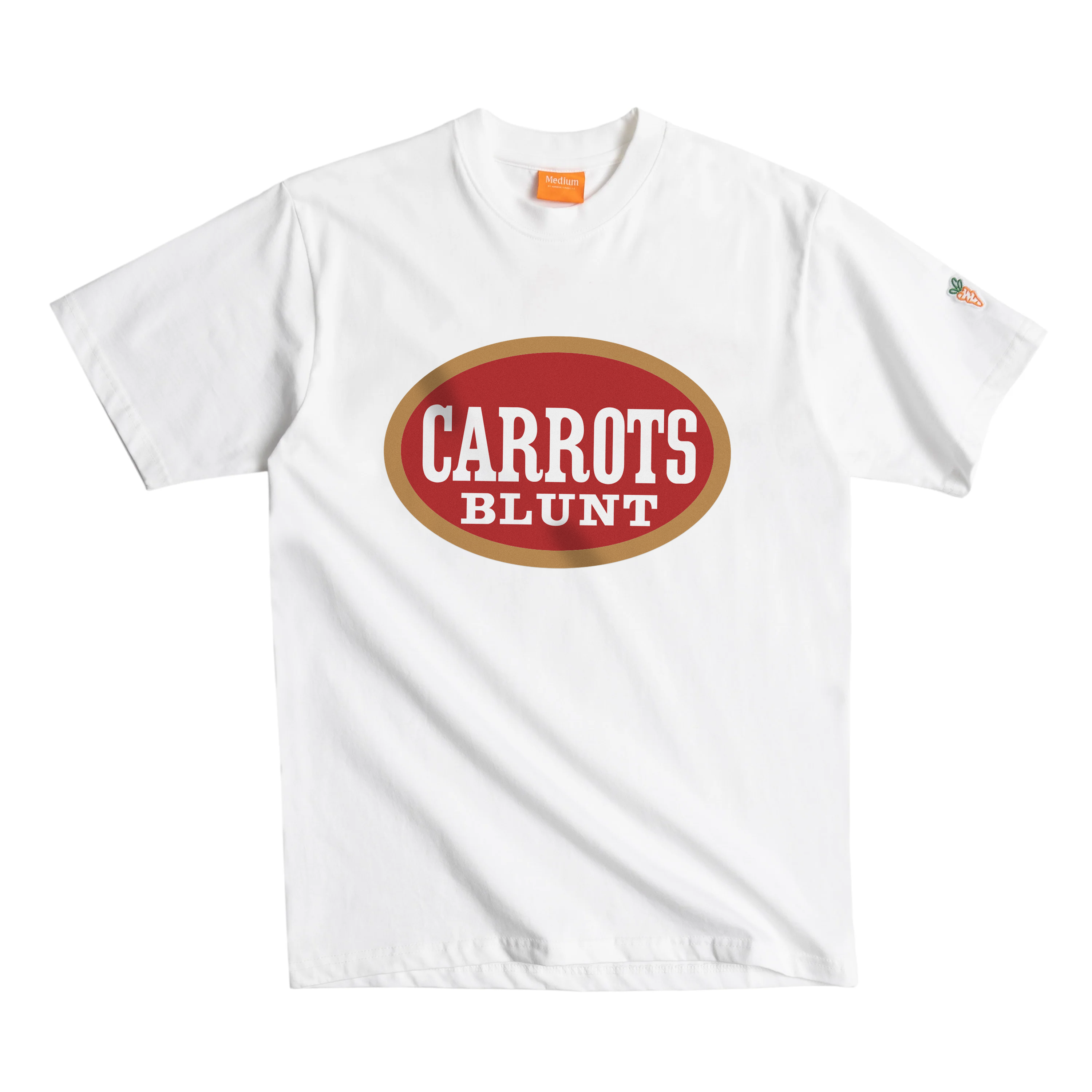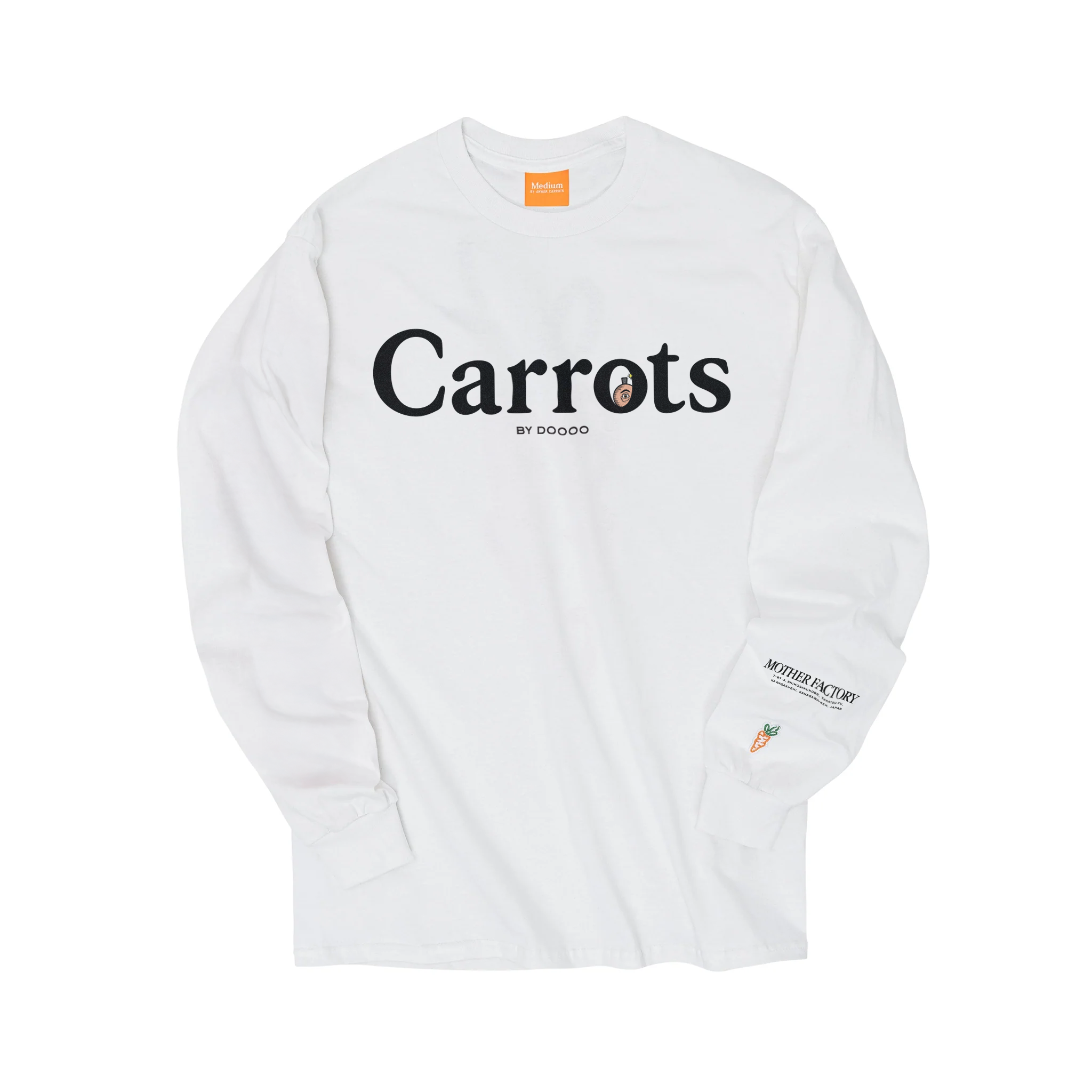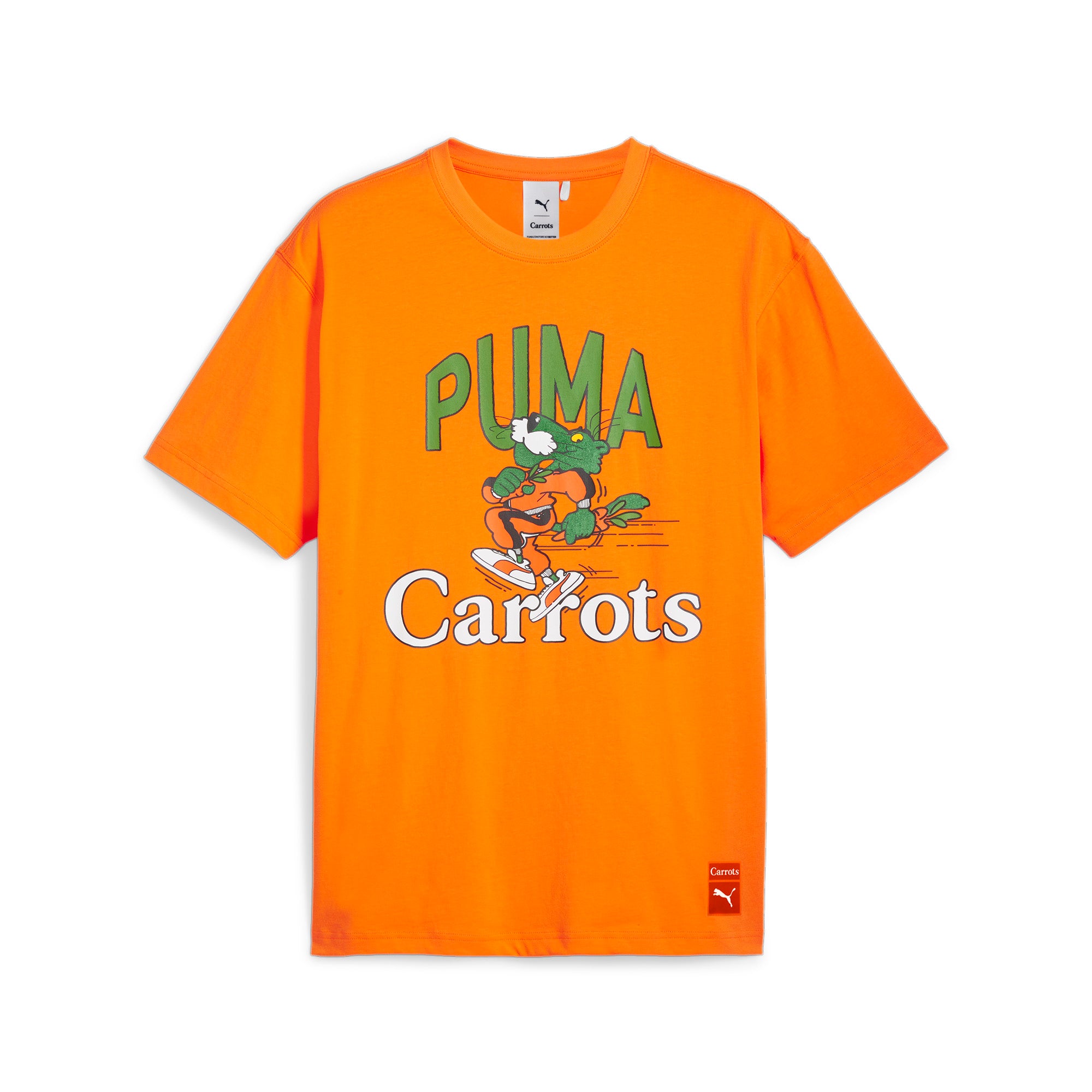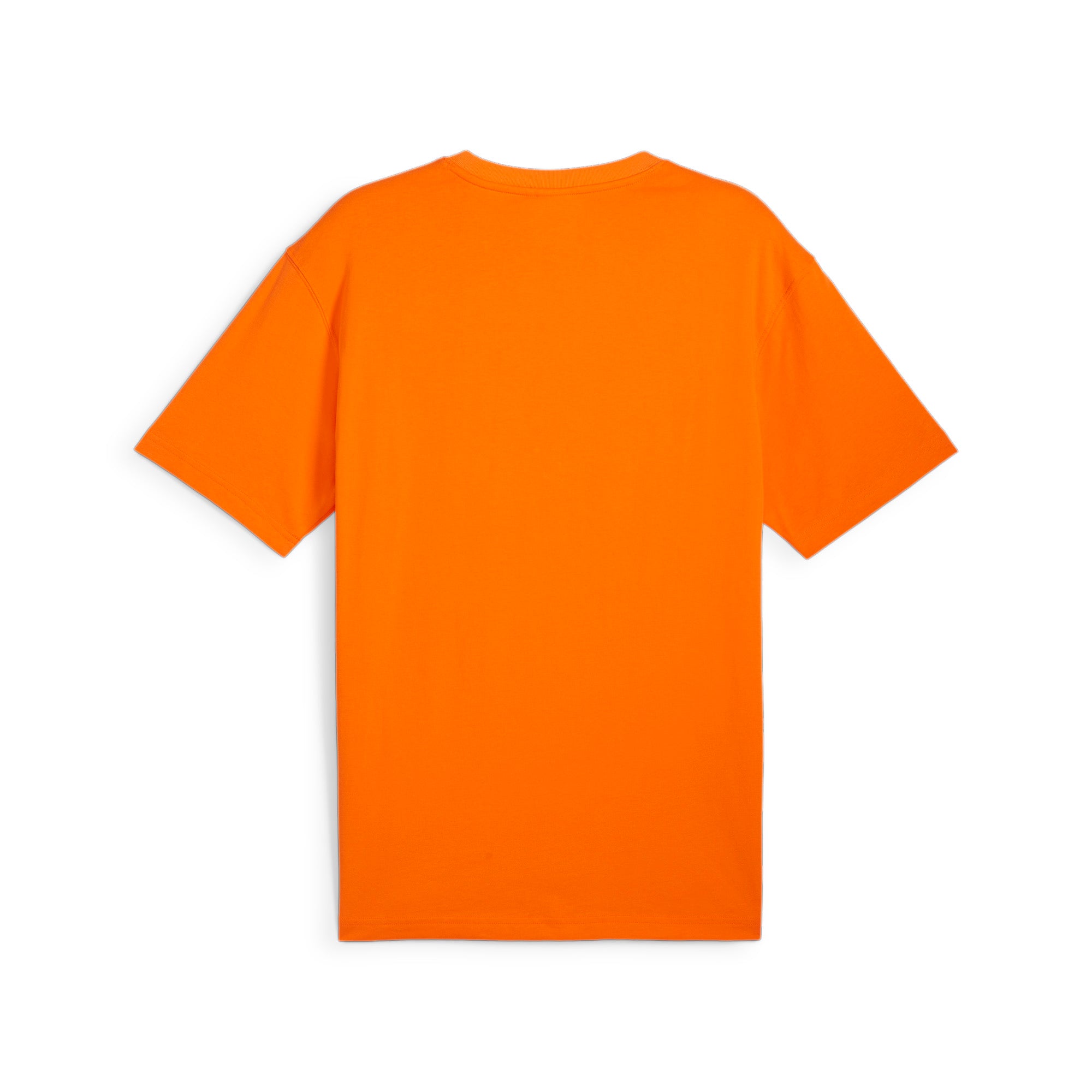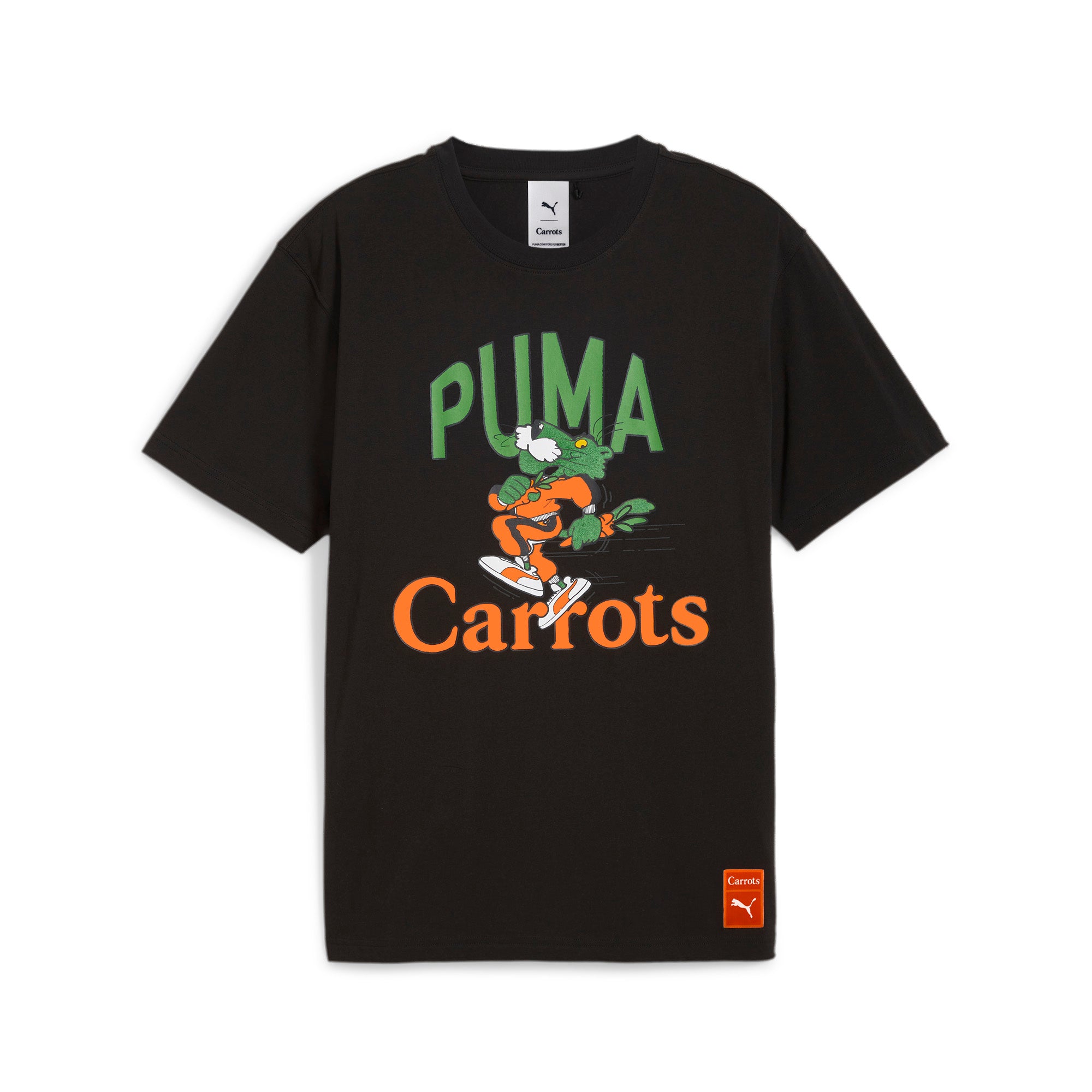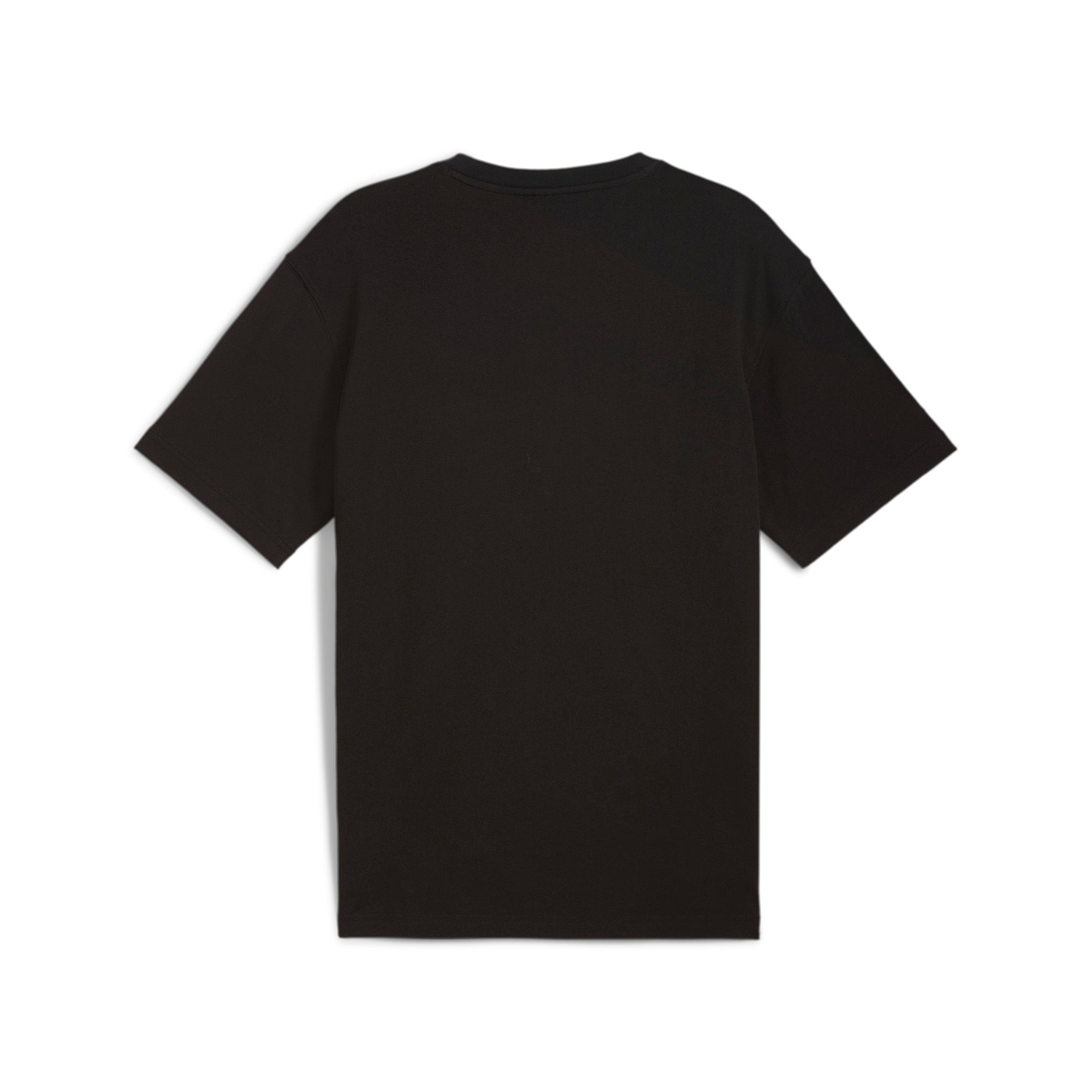
Horseradish (Wasabi) is low in calories and fat; however, it...


Horseradish (Wasabi) is low in calories and fat; however, it contains a good amount of dietary fiber, vitamins, minerals, and anti-oxidants. Certain active principles in it found to have been anti-inflammatory, diuretic (increase urine output), and nerve soothing effects.
The root contains many volatile phyto-chemical compounds, which give its much-famed pungent character. Some of the major constituents in the root are allyl isothiocyanate, 3-butenyl isothiocyanate, 2-propenylglucosinlate (sinigrin), 2-pentyl isothiocyanate, and phenylethyl isothiocyanate. It has been found that these compounds have been anti-oxidant as well as detoxification functions.
It is a potent gastric stimulant, increases appetite, and aids in digestion. The volatile phyto-chemical compounds in the root stimulate salivary, gastric, and intestinal glands to secrete digestive enzymes, thereby facilitate digestion.
Wasabi has good amounts of vitamin-C, which is a powerful water soluble anti-oxidant. 100 g fresh root provides 29 mg or 41% of daily-recommended values. Vitamin C helps alleviate viral infections by boosting immunity. In addition, it helps remove harmful free radicals from the body and protect it from cancers, inflammation, infections, etc.
The root spice has some of vital minerals in moderation like sodium, potassium, manganese, iron, copper, zinc, and magnesium. Iron is an important co-factor for cytochrome-oxidase enzymes during cellular metabolism. It is also required for red blood cell production in the bone marrow. Being an important component of cell and body fluids, potassium helps control heart rate and blood pressure. Manganese is used by the body as a co-factor for the powerful antioxidant enzyme, superoxide dismutase.
In addition, the root has small amounts of essential vitamins such as folate, vitamin B-6 (pyridoxine), riboflavin, niacin, and pantothenic acid.
